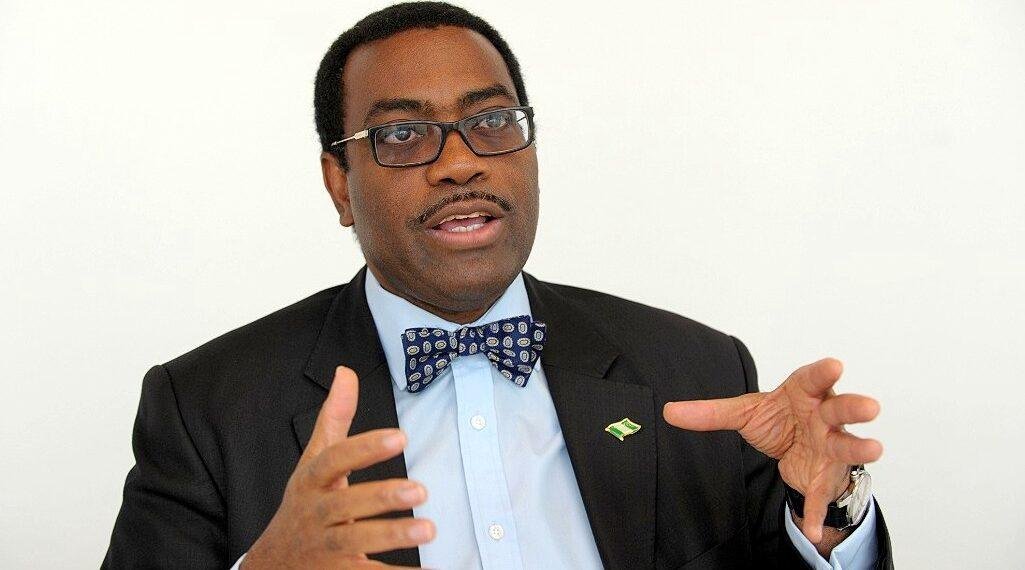Nigerians are worse off than in 1960, according to the President of the African Development Bank, Akinwumi Adesina, (AfDB).
This statement was made during his speech at the 20th anniversary celebration of Chapel Hill Denham on May 1.
Adesina emphasized the urgent need for Nigeria to transform its economy to become a more developed nation by the year 2050.
He pointed out that Nigeria used to rank among more developed countries, but to get back to that level, it needs to change its approach and focus on fast economic growth.
Adesina attributed Nigeria’s economic struggles to years of poor government policies, weak institutions, and a heavy reliance on oil exports.
He shared some stark figures: in 1960, the average income per person in Nigeria was $1,847, but today it has dropped to just $824. This means many Nigerians are worse off than they were over six decades ago.
Adesina highlighted several issues that have contributed to this decline, including a lack of proper financial management, changing government policies, weak governance, and failure to diversify the economy.
He compared Nigeria’s situation to South Korea’s, which had a lower average income in 1960 but now boasts a much higher income of $36,000 per person.
Related Articles:
- AfDB President Adesina denies interest in APC presidential race
- 2023: Group calls AfDB President to join the presidential race
- AfDB Pledges support to Cross River’s health, agricultural sectors
To help Nigeria improve, Adesina called for significant changes in policies and stronger institutions. He warned that without substantial reforms, Nigeria would continue to lag behind other nations.
He urged Nigerian leaders to reduce their dependence on oil and instead invest in technology, manufacturing, and innovation to create a robust economy.
He believes that underdevelopment shouldn’t be seen as Nigeria’s fate, stating, “We must break free from this pattern.” As a way forward, Adesina outlined five key priorities: ensuring electricity for everyone, improving infrastructure, boosting industry, encouraging growth driven by innovation, and enhancing agriculture to be more competitive.
He also noted the importance of transforming Nigeria into a major industrial hub in Africa, using the Dangote Refinery as a positive example of what can be achieved.






